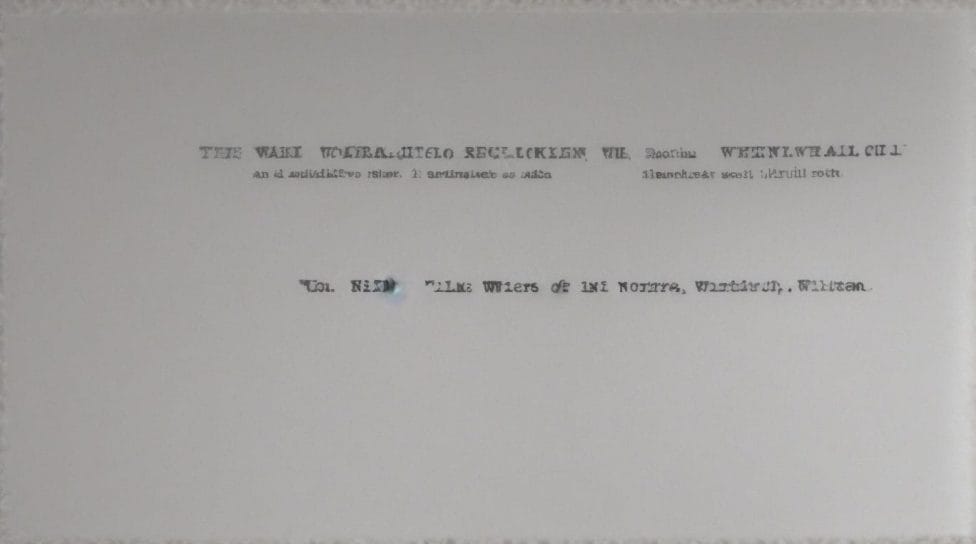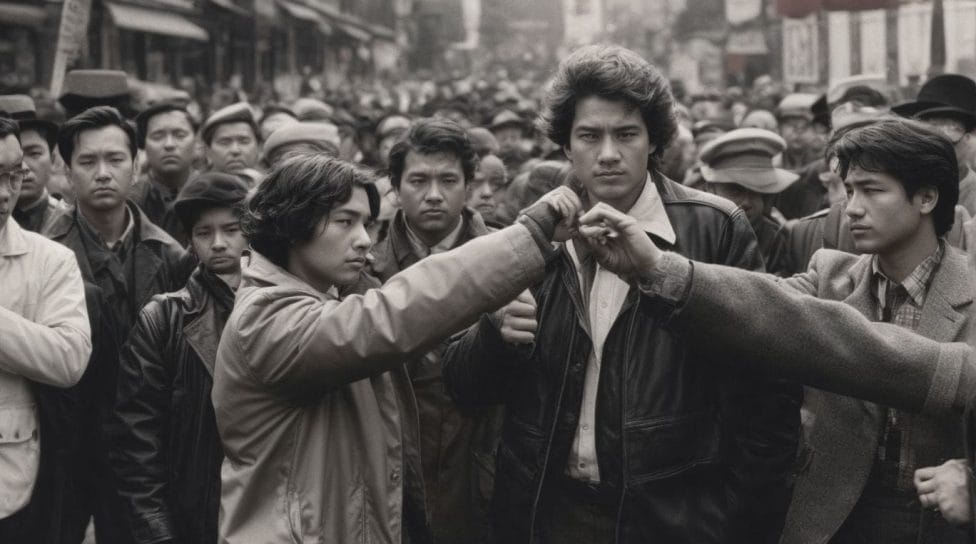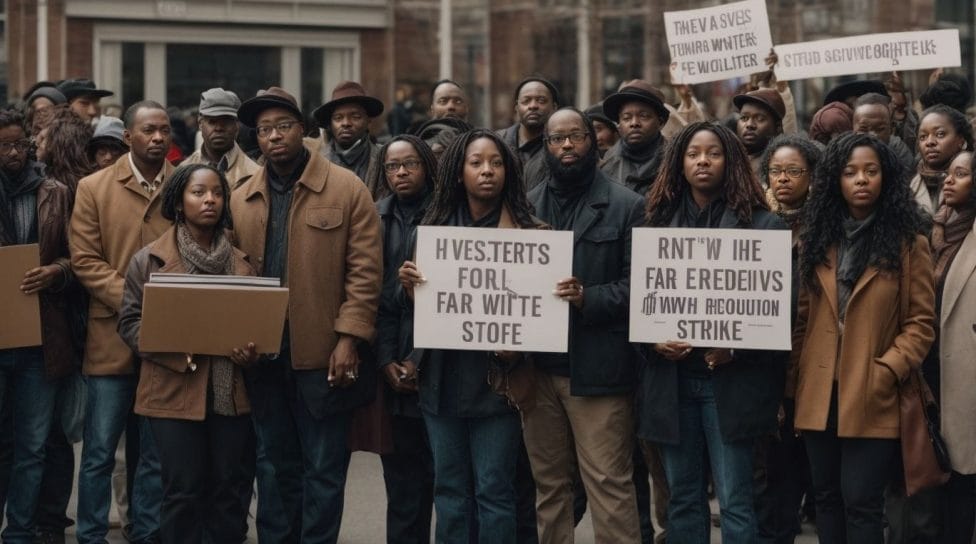Table of Contents
Add a header to begin generating the table of contents
The Writers Strike, currently ongoing in the entertainment industry, has had a significant impact on the production of television shows and films. This labor dispute involves the members of the Writers Guild of America (WGA) and the major production companies. Understanding the key factors and circumstances surrounding the strike can help shed light on when it might come to an end.
The Writers Strike was triggered by a series of unresolved issues between the writers and the production companies. Some of the key demands by the writers include fair compensation for streaming content, improved healthcare benefits, and better working conditions. In response, the production companies have expressed concerns over the financial feasibility of meeting these demands without negatively impacting the industry.
Currently, negotiations between the WGA and the production companies are ongoing. Both sides are working towards finding a resolution that satisfies the needs of the writers while taking into consideration the financial implications for the industry. The prolonged duration of these negotiations has resulted in a substantial impact on the television and film industry, with delays in production, show cancellations, and an overall decrease in content output.
Several factors can influence the duration of the Writers Strike. The strength of the Writers Guild, their ability to rally support from other industry professionals, and their capacity to withstand financial strains are significant considerations. The level of media support and public pressure can also play a role in expediting the resolution process. Ultimately, the strike may come to an end through potential compromises or resolutions that address the concerns of both parties.
As for when the Writers Strike will end, predictions and speculations vary. Expert opinions provide insight into the possible timeline based on the progress of negotiations and historical context from previous strikes. However, the intricacies of the dispute, along with unforeseen consequences and ramifications, make it challenging to accurately forecast the exact duration and outcome of the strike.




Financial Considerations

Key takeaways:
- Prolonged negotiations: The end of the writers strike is uncertain as negotiations between the writers and production companies continue.
- Impact on the industry: The strike has significantly disrupted the television and film industry, affecting production schedules and causing financial losses.
- Historical precedent: Previous strikes provide a historical context, suggesting the potential consequences and ramifications of the writers strike if it continues for an extended period.
Overview of the Writers Strike

Photo Credits: Loststorystudios.Com by Matthew Taylor
The Writers Strike is a labor dispute that occurs when writers’ unions negotiate for better wages and working conditions. It is an overview of a strike that has a significant impact on the entertainment industry as a whole. During a strike, television shows, movies, and other forms of media production may be put on hold or delayed, resulting in a decrease in new content production. The strike’s duration can vary, lasting for days, weeks, or even months, depending on the negotiations and resolutions reached. This struggle is a means for writers to gain leverage and negotiate fair contracts with production companies, ultimately finding common ground and reaching a settlement to end the strike. However, it is crucial for both writers and production companies to acknowledge the potential decrease in revenue for studios and networks during this period. Ultimately, the resolution of the Writers Strike is important for the overall stability and growth of the entertainment industry.What Led to the Writers Strike?

Photo Credits: Loststorystudios.Com by Jordan Moore
The writers strike has caused quite a stir, but what led to this conflict? Let’s delve into the key demands of the writers and the responses from production companies. From fair compensation to improved working conditions, the writers have made their voices heard. But how have the production companies responded? Let’s uncover the details and gain a better understanding of the factors contributing to this ongoing strike.Key Demands of the Writers
- Writers are demanding fair compensation for their work, including increased minimum and residual payments.
- Writers want to ensure they receive appropriate compensation for their work on streaming platforms, which have become increasingly popular.
- Writers are seeking to protect their health insurance, pension plans, and other benefits that are crucial to their livelihoods.
- Writers are advocating for better working conditions, including reasonable hours, breaks, and protections against harassment.
- Writers are fighting for stronger protections for their intellectual property and control over their work in an industry where ownership rights often lie with production companies.
Responses from Production Companies
| Responses from Production Companies |
| – Production companies have varied responses to the writers strike. |
| – Some companies have expressed concerns about the impact on their ongoing projects and have called for a swift resolution. |
| – Others have implemented contingency plans, such as hiring non-union writers or postponing production. |
| – There are production companies that have engaged in negotiations with the writers’ union to find a mutually agreeable solution. |
| – A few companies have remained unresponsive or have taken a hardline stance against the demands of the writers. |
Current State of the Writers Strike

Photo Credits: Loststorystudios.Com by James Scott
The current state of the writers’ strike has created a whirlwind of speculation and uncertainty. With ongoing negotiations, the impact on the television and film industry, and financial considerations at play, the stakes couldn’t be higher. Media support and public pressure are building, while potential compromises or resolutions are being explored. As we delve into the historical context of previous strikes and analyze the possible consequences and ramifications, one question remains: When will the writers’ strike end?Update on Negotiations
Update on Negotiations Negotiations in the writers strike continue with both sides engaged in discussions and seeking compromises. The key issues being addressed include fair compensation for streaming residuals and pay raises for writers. The Writers Guild of America (WGA) is working to protect writers’ rights and ensure that their work is appropriately rewarded in the changing landscape of the industry. The negotiations are crucial for the future of television and film production, as well as for the livelihoods of thousands of writers involved. As negotiations progress, there is optimism that a resolution will be reached soon, bringing an end to the strike and allowing the industry to resume its normal operations.Impact on Television and Film Industry
The ongoing writers strike is significantly impacting the television and film industry, causing delays and halts in productions. This is resulting in a decrease in the release of new content, which in turn is affecting viewership and potentially leading to a loss in revenue for production companies and streaming services. Additionally, the strike has caused job losses for writers, actors, and other industry professionals. The industry is facing difficulties in planning and making necessary adjustments due to the uncertainty surrounding the duration of the strike. It is anticipated that the impact on the television and film industry will persist until a resolution is reached between the writers and production companies, intensifying the effects on this crucial sector.Strength of the Writers’ Union

Photo Credits: Loststorystudios.Com by Adam Martin
The strength of the Writers’ Union plays a crucial role in determining the outcome of the strike. Here are some factors that contribute to the strength of the union: When Will the Writers Strike End? For more information, please visit the Forbes article.- Membership Numbers: A larger membership base gives the union more bargaining power and influence.
- Unity: Solidarity among union members is essential for a strong collective voice during negotiations.
- Financial Resources: Sufficient funds enable the union to support its members and sustain the strike for an extended period.
- Legal Support: Access to experienced legal professionals can protect the union’s rights and strengthen their position.
Financial Considerations
Media Support and Public Pressure
Media support and public pressure are crucial elements that significantly influence the outcome of the writers’ strike. Journalists, news outlets, and industry publications can effectively utilize their media support to raise awareness about the strike, offer unbiased coverage, and amplify the writers’ demands. Simultaneously, the support and solidarity of the general public exert public pressure on production companies, urging them to meet the writers’ demands. Engaging in social media campaigns, signing petitions, and participating in boycotts can generate substantial public support and prompt a response from the companies.Potential Compromises or Resolutions
- Contractual agreements: Negotiate terms that address the key demands of the writers while taking into account the financial considerations of the production companies.
- Ratification process: Establish a fair and transparent process for the ratification of any potential compromises or resolutions.
- Compensation and residuals: Find a balance between fair compensation for the writers, including residuals for streaming services, and the financial viability of the industry.
- Health and safety protocols: Implement measures to ensure the health and safety of the writers, taking into account the challenges posed by the COVID-19 pandemic.
- Technology and AI protections: Address concerns regarding the impact of artificial intelligence on the writing industry and establish safeguards to protect the rights of writers.
- Industry-wide collaboration: Foster collaboration between writers, production companies, and other industry stakeholders to find common ground and reach mutually beneficial compromises or resolutions.
Expert Opinions on Timeline

Photo Credits: Loststorystudios.Com by Kyle Adams
The timeline of the writers’ strike is a topic of speculation among experts in the industry. Expert opinions regarding the end of the strike vary, with some experts predicting a resolution within the next few weeks. Others suggest that the strike may last for several months, depending on the negotiations and demands of the writers’ union. It is important to note that these are just expert opinions and the actual timeline of the strike’s end is uncertain. It is worth noting that previous writers’ strikes have typically lasted for several months before reaching a resolution.Historical Context of Previous Strikes
When it comes to understanding previous writers’ strikes, the historical context is absolutely crucial. By examining the factors that led to past disputes, we can gain valuable insights and even predict potential outcomes for the current strike. One significant strike to consider is the 2007-2008 Writers Guild of America (WGA) strike, as it provides valuable insights into the strategies and demands of both labor unions and production companies. By analyzing past negotiations and the resolutions that were achieved, we can learn some valuable lessons that can be applied to the ongoing strike. Taking historical context into consideration allows industry stakeholders to identify recurring issues and come up with effective solutions that benefit both writers and production companies. Therefore, understanding the historical context of previous strikes plays a crucial role in navigating the complexities of the current labor dispute.Possible Consequences and Ramifications
The ongoing writers strike in Hollywood could potentially have significant consequences and ramifications for the entertainment industry. The halt in production and delayed release of movies and TV shows may lead to financial losses for production companies. Viewership numbers may decline due to the lack of new content, directly impacting streaming services and networks. Additionally, the strike has the potential to affect the job market for writers and related industries such as prop-making and visual effects. The potential for a prolonged strike may strain relationships between writers and production companies, potentially resulting in long-term implications. To expedite a resolution, it is important to stay updated on the negotiation progress and actively support the writers’ cause.Some Facts About When Will the Writers Strike End?
- ✅ The Hollywood screenwriters’ strike, which has been ongoing for nearly five months, will officially end on Wednesday. (Source: USA Today)
- ✅ The Writers Guild of America board unanimously voted to affirm the strike-ending deal with the Alliance of Motion Picture and Television Producers. (Source: USA Today)
- ✅ The agreed-upon three-year contract extension will be voted on by the full WGA membership between October 2 and 9. (Source: USA Today)
- ✅ Late-night talk shows, which were among the first to go dark when the strike began, will be among the first shows to resume. (Source: USA Today)
- ✅ The deal includes increased pay, health and pension contributions, new foreign streaming residuals, and viewership-based streaming bonuses for writers. (Source: USA Today)




